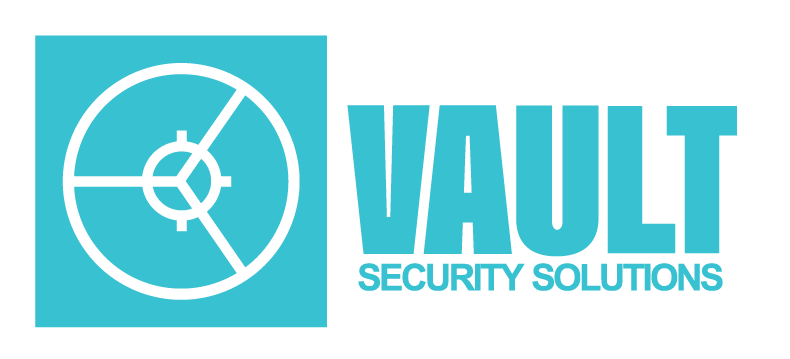Introduction
In an age where corporate responsibility is paramount, organizations face increasing scrutiny to align with Environmental, Social, and Governance (ESG) principles. This whitepaper addresses the obstacles companies encounter in managing and reporting on their ESG performance and presents robust solutions to meet these challenges.
Challenges in ESG Compliance
1. Standardization Gap
A primary hurdle in ESG compliance is the lack of standardized metrics and reporting frameworks. Companies grapple with navigating diverse guidelines, resulting in inconsistent reporting methods and complicating stakeholder comparisons.
2. Complex Carbon Footprint Tracking
Precise carbon footprint tracking proves challenging due to the intricate nature of emissions sources within a company’s value chain. Many organizations struggle to accurately identify and quantify carbon emissions, hindering the establishment of meaningful reduction targets.
3. Limited Visibility into Sustainable Sourcing
Tracking and verifying sustainable supply chain practices pose significant challenges. Limited visibility into sourcing practices impedes informed decisions regarding sustainable procurement, exposing companies to reputational and operational risks.
4. Incomplete Social Impact Measurement
Traditional tools fall short in capturing the holistic social impact of a company. Incomplete and inaccurate reporting is a common issue, as measuring social impact demands a nuanced understanding beyond financial metrics.
5. Integration Challenges with Risk Management
Efficient integration of ESG factors into existing risk management processes proves challenging for many companies. This results in missed opportunities to identify and mitigate emerging risks and incorporate ESG considerations into strategic decision-making.
Solutions for Effective ESG Management
1. Standardization and Guideline Adherence
Our ESG compliance solutions prioritize metric standardization and adherence to recognized reporting frameworks such as the Global Reporting Initiative (GRI) and Sustainability Accounting Standards Board (SASB). This ensures consistency and comparability in reporting.
2. Streamlined Carbon Footprint Tracking
Our platform provides a user-friendly interface for tracking and managing carbon footprints. Utilizing advanced analytics and machine learning algorithms, companies can identify emission hotspots, set realistic reduction targets, and monitor progress effectively.
3. Transparent Sustainable Sourcing
Our solution offers real-time visibility into supply chain sustainability. Companies can track and verify suppliers’ adherence to ethical and environmental standards, facilitating informed decisions aligned with a commitment to sustainable practices.
4. Comprehensive Social Impact Measurement
Going beyond traditional metrics, our tools provide a holistic approach to social impact measurement. This allows organizations to capture both qualitative and quantitative aspects of their contributions to communities for a more accurate representation.
5. Seamless Integration with Risk Management
Our platform facilitates the seamless integration of ESG considerations into risk management processes. By identifying and assessing ESG-related risks, companies can ensure these factors are incorporated into strategic decision-making, enhancing resilience and long-term sustainability.
Conclusion
In navigating the dynamic landscape of ESG compliance and reporting, our solutions empower organizations to surmount challenges and embrace responsible business practices. Providing a user-friendly platform that addresses the intricacies of ESG management, we enable companies not only to meet regulatory requirements but also to positively contribute to the planet and society. Embrace the future of sustainable business with our comprehensive ESG solutions.




